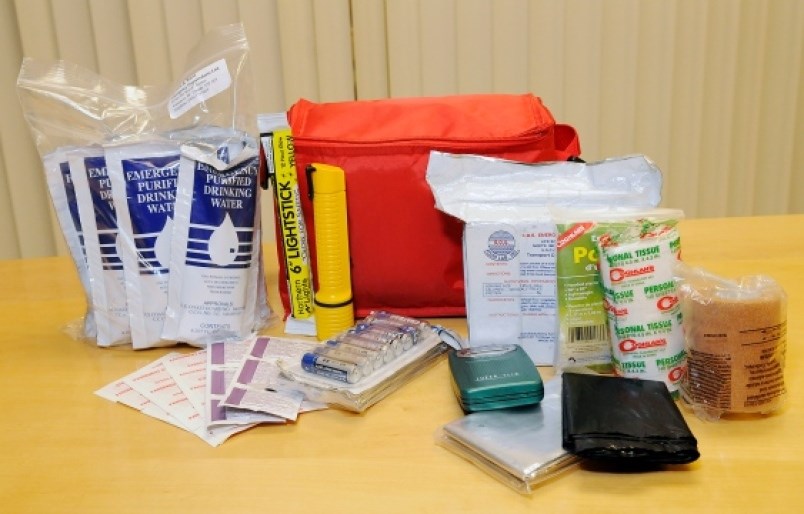B.C.’s position on the Ring of Fire puts it at risk of a large, rumbling earthquake and the cluster of quakes over the Christmas holidays have put many people on high alert.
Local media outlets, including the Tri-City News, reported as many as half a dozen or more earthquakes, some as high as 6.0 magnitude, while an online quake tracker counts as many as one earthquake a day, with the largest at 6.3 off Tofino on Vancouver Island.
That’s pretty normal, according to Canadian Encyclopedia, which reports that there is a minor quake almost every day in the Lower Mainland.
But while none of the Christmas quakes were strong enough to cause damage, Coquitlam’s manager of emergency programs hopes residents take them as a warning to be prepared.
Greg Kanya told The Tri-City News this week that the city runs free emergency preparedness courses throughout the year, including two coming up in January, with people typically signing up after hearing reports of a quake, or after they’ve dealt with the aftermath of a storm.
“People are more aware of their surroundings and what can impact them. That’s when our numbers are up. That’s usually an indication, like ‘hey, I need to pay attention to this.’”
To prompt people to take action, the city posted a note on Twitter posing the question: “Do the recent earthquakes have you thinking about how you would manage in a disaster?,” and urging people to take a free emergency preparedness session.
Kanya said more people are taking emergency preparedness seriously, with approximately 1,200 to 1,500 people a year taking the courses or making inquiries. Often a group, such as a housing co-op, ESL class or a church will approach the city for a presentation by trained staff and volunteers.
In other cases, people sign up for a course or simply take note of information available on the website, such as a quake preparedness check list.
Kanya advises people to take simple steps, such as visiting the city’s website, packing an emergency kit and getting to know neighbours who may be able to help, such as a doctor, nurse, carpenter or engineer, or people, such as the elderly who might need help.
According to the website, people should have a personal or family emergency plan, an emergency kit ready that includes basic supplies as well as special needs items, at least a 0.25 tank of gas in the vehicle and a flashlight and hard-soled shoes beside each family member’s bed so evacuation in the dark, at night during an emergency is easier to navigate.
As for the city, it is well prepared for disaster, Kanya said, with two emergency operation centres that will go immediately into action, one at Coquitlam city hall and another at the work’s yard, where staff will gather to make decisions about what to do in an emergency.
“We’re up and ready to roll if something happens in the city,” Kanya said.



